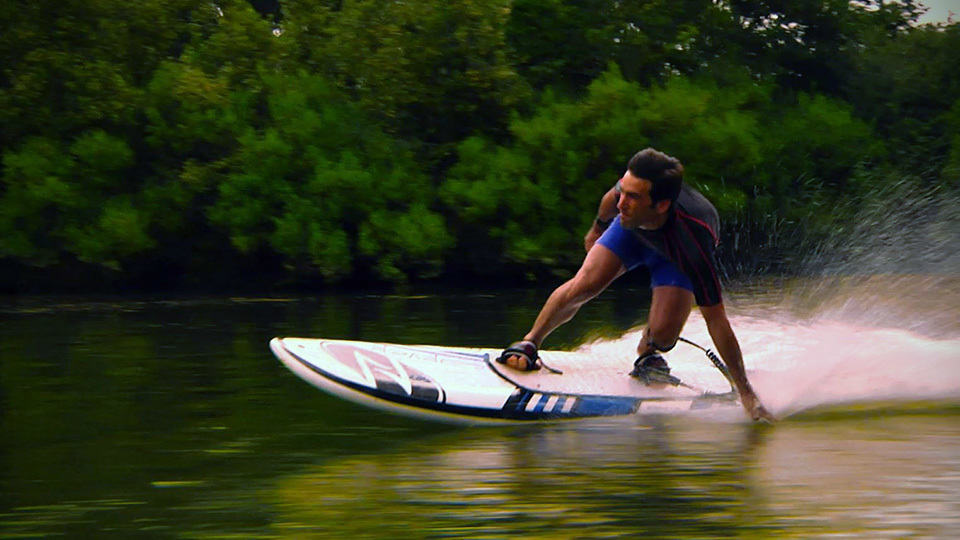Although private aviation is closely associated with the wealthy and elite, and they have access to the best technologies first, those innovations often trickle down to the broader market after some time. The sector is witnessing a vast technological revolution, ranging from more sustainable propulsion systems to using AI to manage logistics and maintenance better, so it’s fair to say that the industry has been keen to make improvements wherever possible. In this article, we’ll look at these technological improvements in greater detail, paying close attention to how they improve passenger experience, operational efficiency, environmental responsibility, and their impact on the future of air travel.
Supersonic Travel
While you might think that supersonic travel died with Concord’s demise, there is still a vast amount of interest in this area of aviation because we know that the technology exists. If supersonic travel is going to make a return, it’ll almost definitely hit the private jet charter market first because of the cost implications. What’s important to remember is that this isn’t just about speed but also safety and price, as well as reducing the impact on those who will hear the sonic boom on the ground below.
Sustainable Propulsion Systems

Climate change is something that we’re all very aware of, but knowing how to combat this isn’t a simple exercise, especially when it comes to air travel, which is notorious for emission output. However, this is something that the air industry has been keen to address, with the development of sustainable aviation fuels (SAFs) and electric propulsion systems being a key area of focus in both the mass-market and private aviation industries. Using second-market material as fuel, SAFs can reduce carbon emissions by up to 80%.
Electrical aircraft are also something that we should expect to see more of in the future. Still, the technology will need further refinement before it’s ready for a wider public release. Companies like Eviation have cutting-edge full-electric propulsion systems and claim you can enjoy zero-emission flights over short distances. Still, the feasibility of this over long distances remains to be seen. In addition, hybrid models are in development, which could combine SAFs with electronic components.
Advanced Avionics And Autonomous Flight
As you might have expected, there are countless advancements in the evolution of advanced avionics in private aviation. Enhanced flight vision systems (EFVS) make it easier for pilots to see through poor weather and make decisions with better information, improving safety both when in flight and landing. This technology gives pilots greater situational awareness so they can react to fast-moving changes with greater confidence.
Autonomy gives the human team one less thing to worry about, so they can focus on doing their core roles well and to a high standard. While this technology might be a few decades away, tremendous strides have been made already, and it’s not impossible to imagine how autonomous flights could become a reality sooner than you might think. Garmin has been working on a system that can take executive control during emergencies, identifying the nearest airport and land without human input.
Enhanced Connectivity And Cabin Innovations

As we’re sure you know, mobile connectivity on flights is notoriously terrible, and that’s if it’s even offered in the first instance. However, communication is likely a non-negotiable aspect for passengers traveling by private charter. Many private air travel providers are looking for ways to incorporate high-speed internet connectivity to help travelers experience a manageable drop-off when using the internet mid-flight.
Several technological advancements have also been made when it comes to being inside the cabin during the flight, which have helped improve the passenger experience. From adaptable seating arrangements, which can be customized on an ad-hoc basis, to air purification and noise reduction, there are many ways for private air travel passengers to make their time in the air more enjoyable.
Predictive Maintenance Through AI
While this is relatively new and still in development in many cases, artificial intelligence (AI) is working to make aircraft maintenance more manageable and less labor-intensive, helping ground crews stay on top of more minor issues before they become more costly problems. This works by analyzing sensor data and identifying potential areas to investigate further, improving safety and minimizing downtime.
The world of private aviation is ready to accelerate with unparalleled speed thanks to many cutting-edge technological developments that look close to being finalized. The industry has become far more accessible in recent years, and with the expected reduction of fuel and crew costs, thanks to SAFs and AI, it should continue to grow in popularity.
Featured image by Marco from Pixabay.



